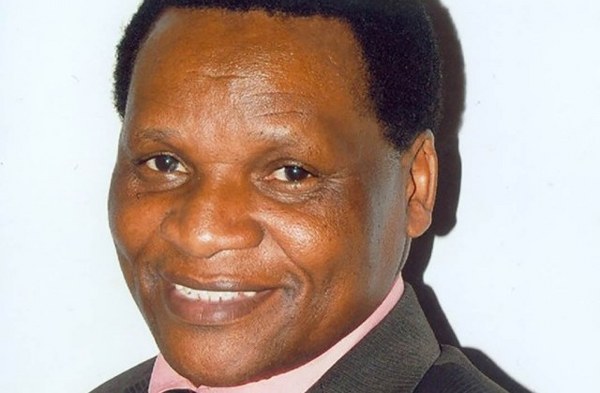A donor is someone who gives something without expecting a return. A blood donor does not expect any reward from a patient. Similarly, a donor of soft drinks to a children’s party in a church is a donor to the cause of the children. These examples help to show that one becomes a donor after making a donation to the needy without expecting a reward. It is unlike when one offers technical services to a charity. A person who offers free services at a charity is a volunteer. However, the same person would become a donor after donating goods in kind.
Truthfully, donations have their history in religious organizations. Churches have been associated with religious organizations. Almost all religious organizations promote acts of helping the poor as a responsibility. Evidence is available that Islamism and Buddhism place more emphasis on acts of giving than prayer. This is where the teaching by our Lord Jesus Christ of loving our neighbors transcends all religions. Consequently, it is a norm to expect acts of charity from believers in God regardless of religion. It is a contradiction for a believer in God to fail to give to the poor.
Nevertheless, it is completely different story when it comes to development aid from multilateral and bilateral partners and the movement of professionally qualified individuals from low income to high income countries. When a Malawian professional say a doctor immigrates to a developed country like the United Kingdom, that Malawian is known as an immigrant worker regardless of professional qualification. When an inexperienced graduate comes from a developed country like the United Kingdom to Malawi that person is known as a volunteer. The title changes when an experienced professional comes from the United Kingdom to work in Malawi; that professional becomes an expert. Why should words have different meanings to different people from different country of origin?
Who said discrimination ended after the demise of apartheid in South Africa in 1994? Has social, intellectual and economic dominance also died? It is still live when it comes to development aid. The flipside of dominance is acceptance. Some citizens in donor aid receiving countries actually internalize an inferior complex on the development ladder. It appears these are the tools that drive most multilateral and bilateral aid. It is sad that even developing countries from Asia that give development aid are using the same tools to their fellow developing countries. This explains why it is wrong to call every country that gives development aid to a poor country a donor. M.MacLachlan and others advise citizens in developing countries to wake up to the system and be mindful of hypocrisy. It is myths that are stifling development in developing countries.
Inevitably the word donor has been abused to mean any country or organization that gives development aid to Malawi. Recently, government has borrowed low interest loans from non traditional banks in Asia. The two countries from which the banks have offered loans are now referred to as donor countries in the National Assembly. The Pareto efficiency describes a donor as anyone who gives without losing out. It is important to realize that some of the countries, multilateral and bilateral organizations that give money to Malawi are not in the real sense donors. They are simply cooperating partners. An example is the World Bank. Is the World Bank a donor to Malawi? Malawi is a member country to the World Bank and it is the World Bank that advises Malawi’s monetary policies.
It must also be understood that some Donor funds fulfill a number of hidden objectives. The example is when a donor country gives development aid for the construction of a building to which almost everything involved in the construction of the building including workers come from the donor country. This amounts to social, intellectual and economic dominance. It means it is the donor country’s Gross National Product (GNP) that benefits from the aid. The aid receiving country only becomes play ground.
Socially, the aid demoralizes citizens. It also frustrates their intellectual capacities as all the economic benefits go back to the donor country. This means to the donor country, the giving of aid is not an end but a means to an end. The multiplier effect of the aid is in the donor country. Social, intellectual and economic exploitation have the same effect to the economy as colonization as all profits are drained out of the aid recipient country. No wonder Malawi is facing foreign exchange challenges. Oftentimes the justification is elusive such as corruption avoidance and improvement of productivity. Therefore, let us wake up to ourselves and not just the system.





No comments! Be the first commenter?